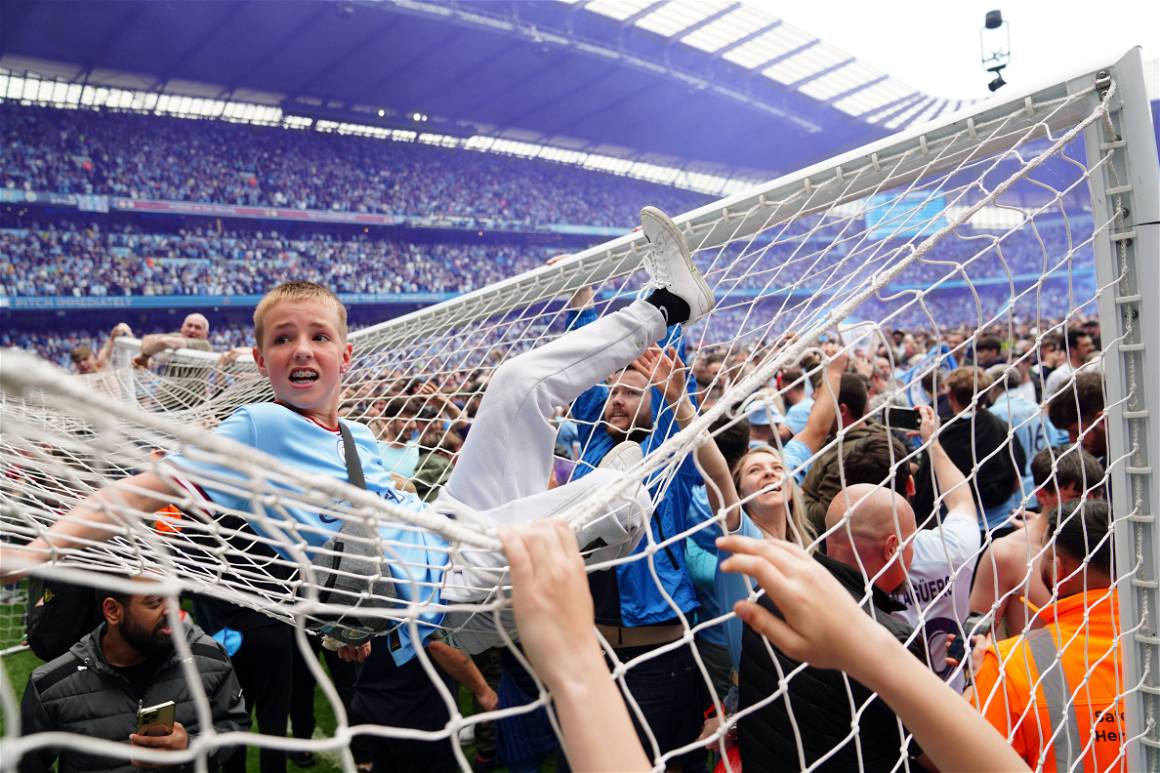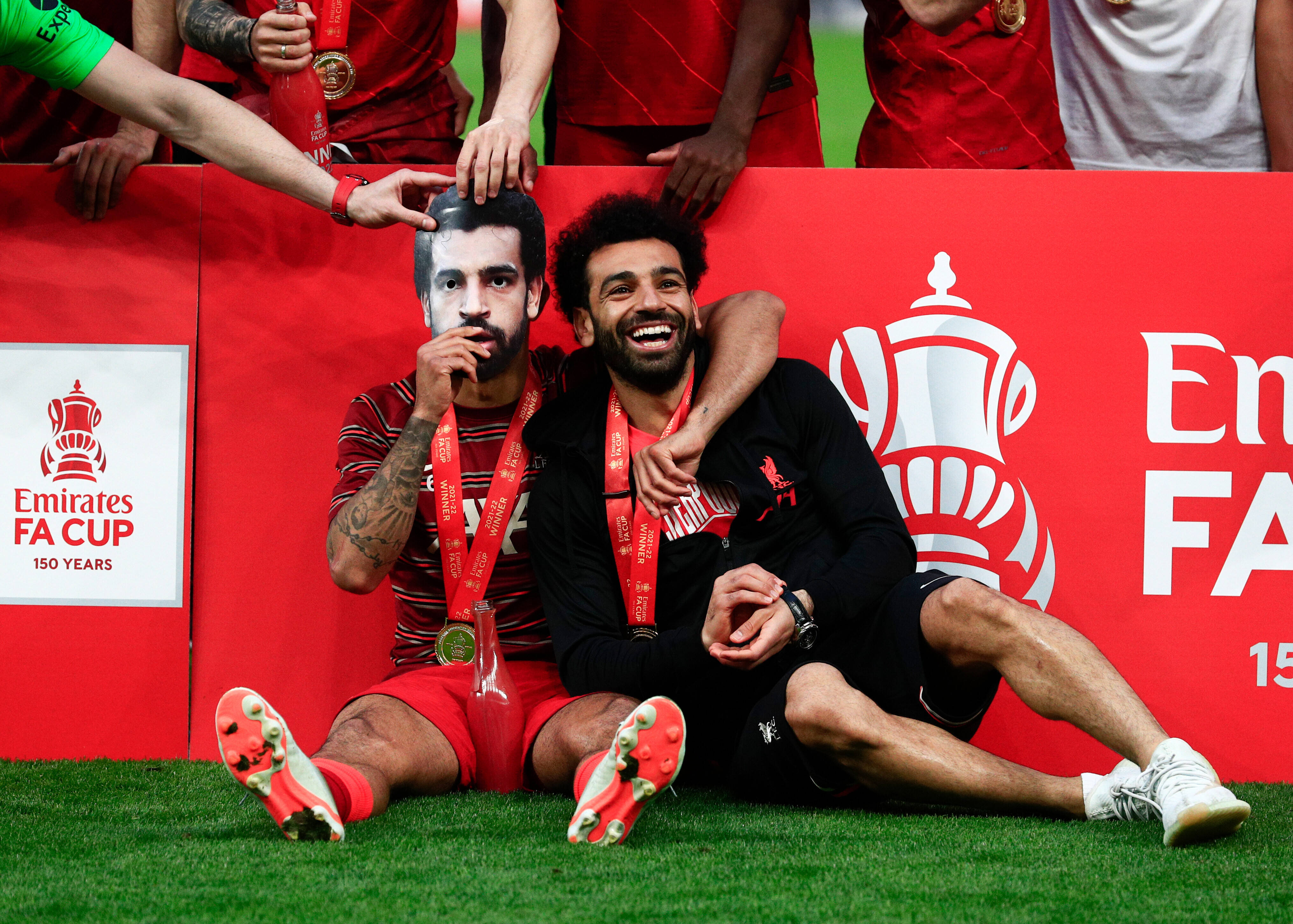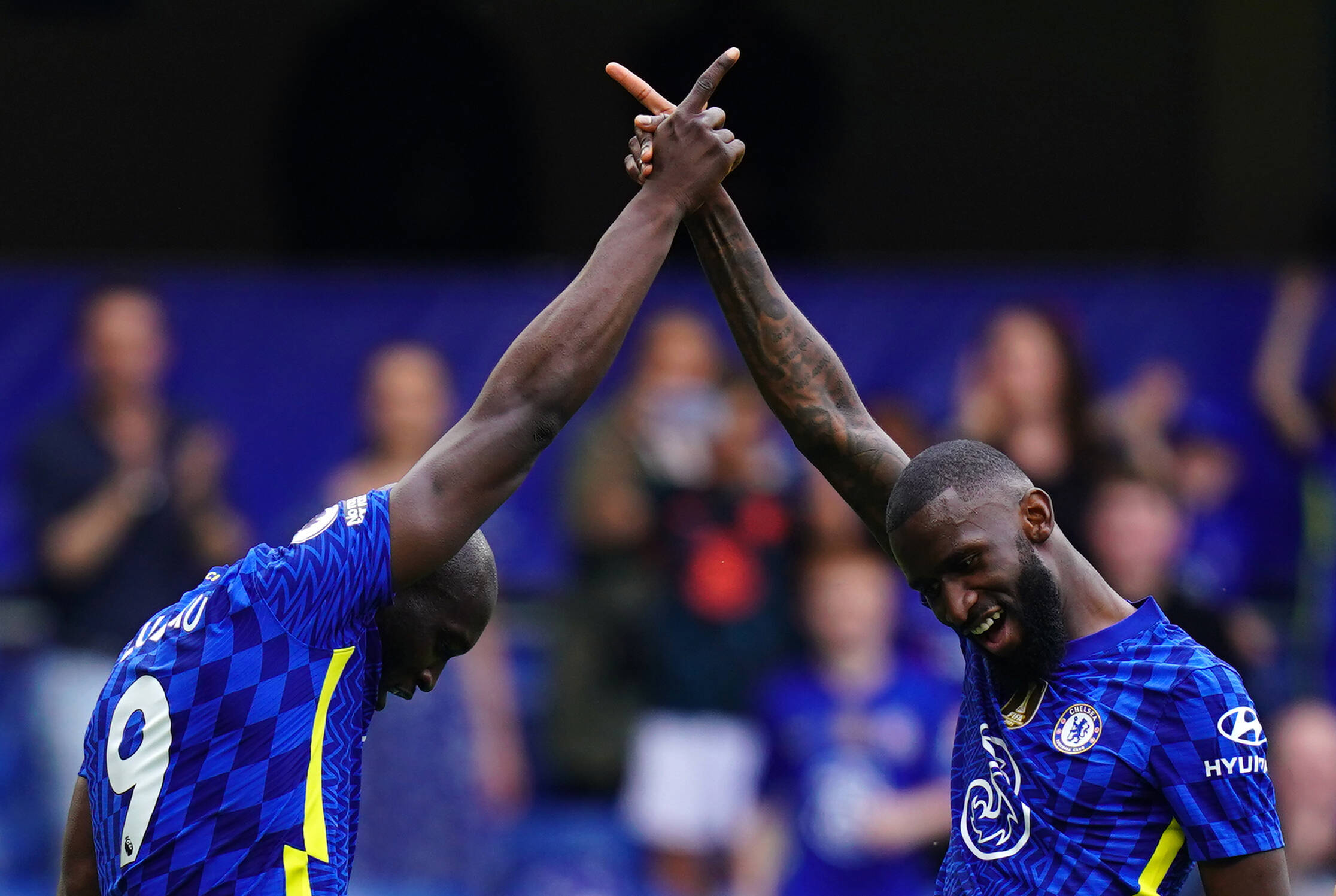In an interview with IMAGO, Alex Lopez of Panenka tells us how the magazine, since 2011, has focused on telling the stories of real people and bringing football culture and teams closer to their fans.
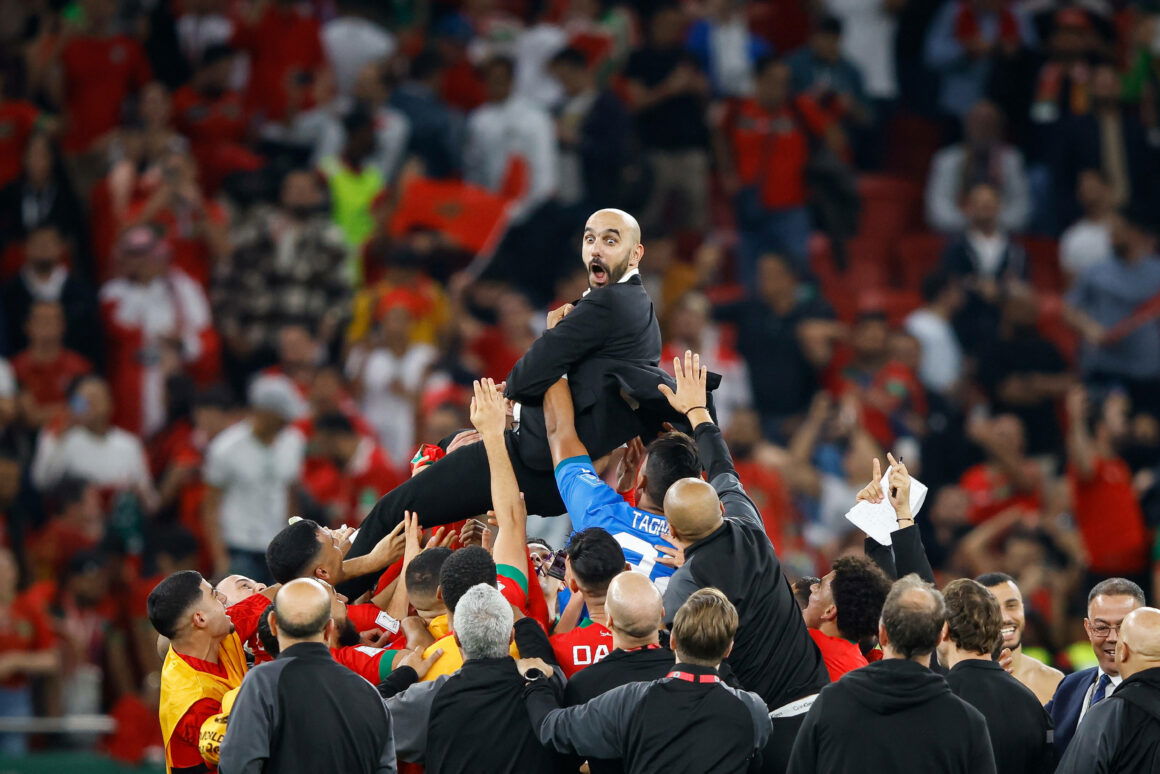
Premios Panenka: Recognition of Football Culture
Last February 6th, 2023 took place the award ceremony of the Premios Panenka to the best of 2022 in Spain. IMAGO sponsored the best image of the year category, where sports photographers faced each other, showing emblematic football moments from different angles. In this interview with Alex Lopez, he tells us how Premios Panenka and Panenka Magazine, for more than ten years, has managed to keep alive the football culture and bring it closer to all its fans.
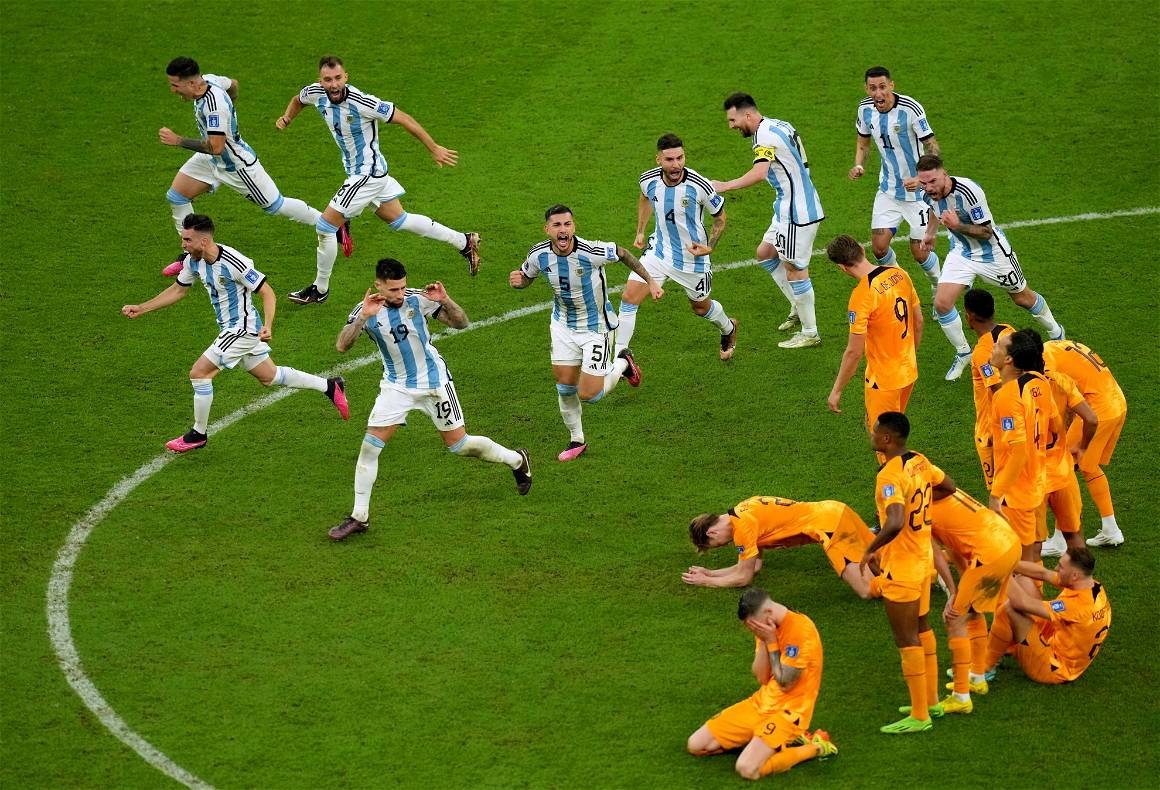
To start, we would like you to tell us about the beginnings and background of Panenka magazine.
The magazine was born on 20 June 2011, the 35th anniversary of Panenka’s penalty in the final of Euro 1976. Other foreign magazines, such as 11Freunde in Germany, an excellent reference for us, inspired it.
What meaning do you want to convey when you say that the magazine shares stories about human beings who win and lose?
We like personal stories, regardless of who the protagonists are. There is much more literature on defeats than on victories.
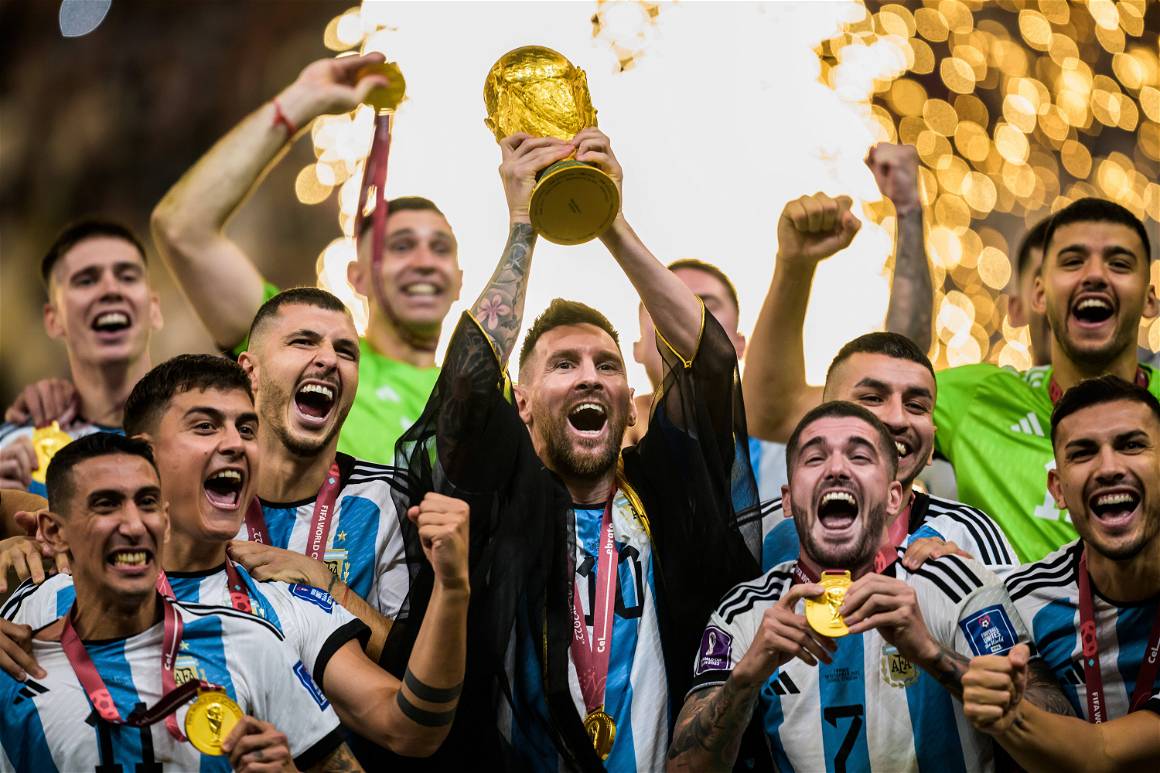
Considering the years that the magazine has been available to the public, have you noticed any changes in the football landscape during this time?
In all aspects, yes. The drift of football is taking fans away from their teams, and Panenka is there to try to row against the tide to maintain the essence of the sport.
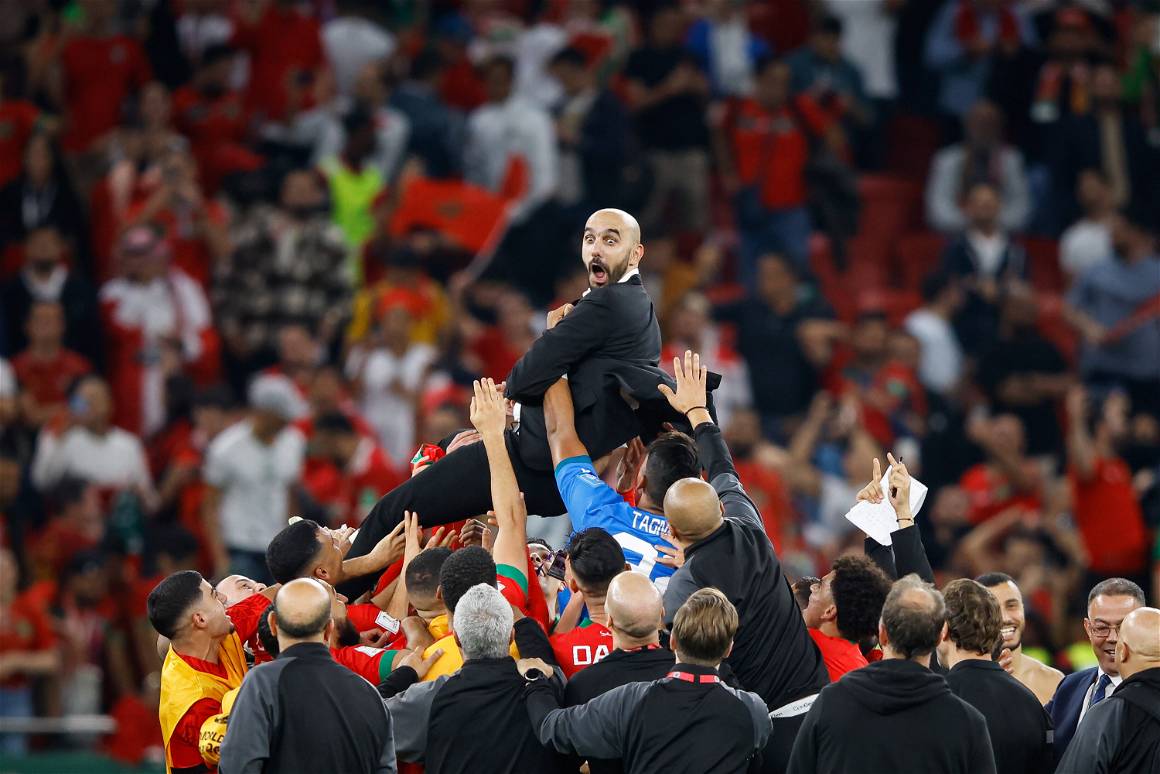
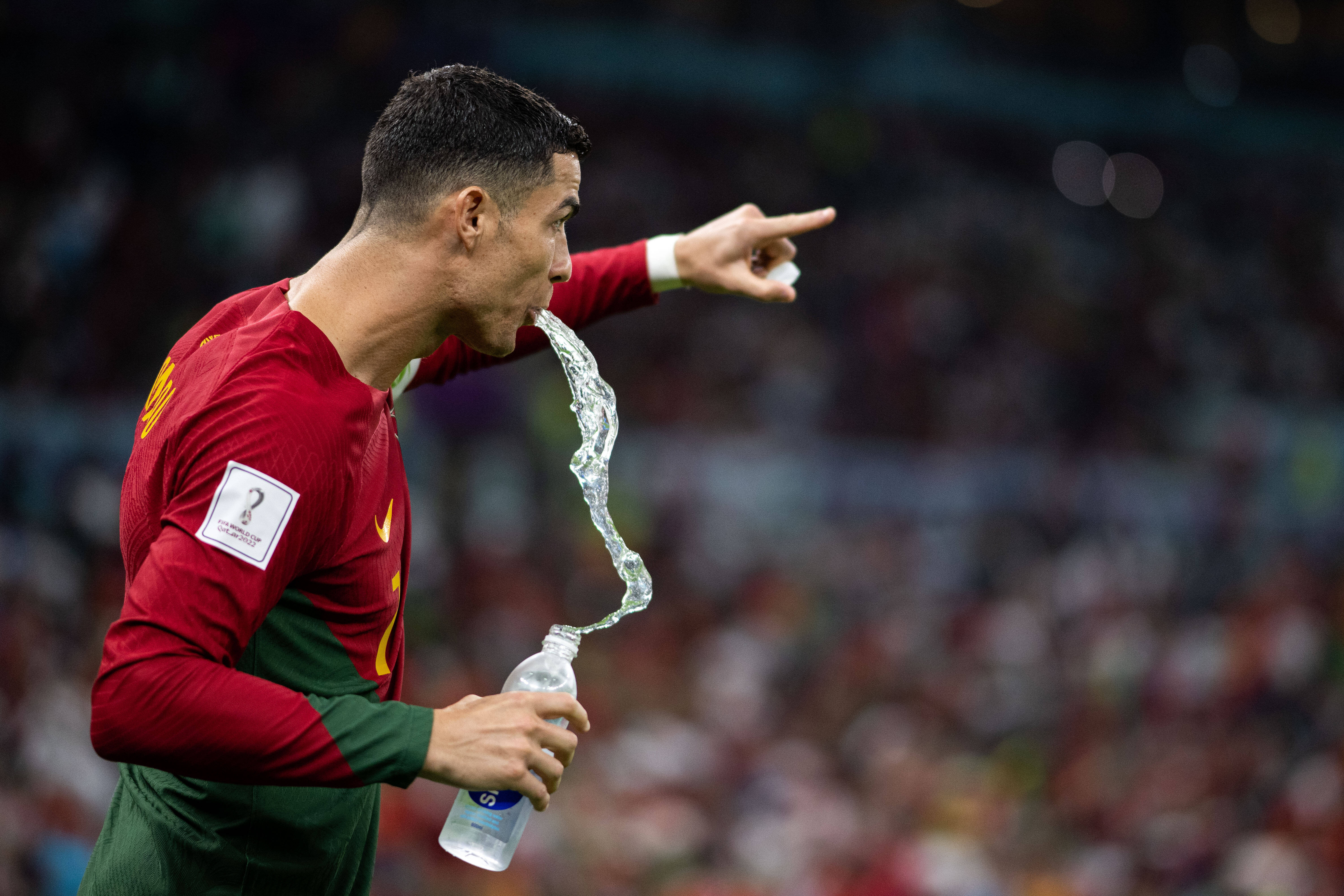
How would you describe the term “football culture”?
Football is culture. Everything around it is culture. Football is art, it is literature, it is music, it is photography, and it is history.
How do you see the future of women’s football, and how can platforms like yours help give them visibility?
Our idea is to tell football-related stories, regardless of whether the protagonists are men or women. For some time now, we have been lucky enough to see that more and more stories starring women deserve to be told. And it will continue to grow.
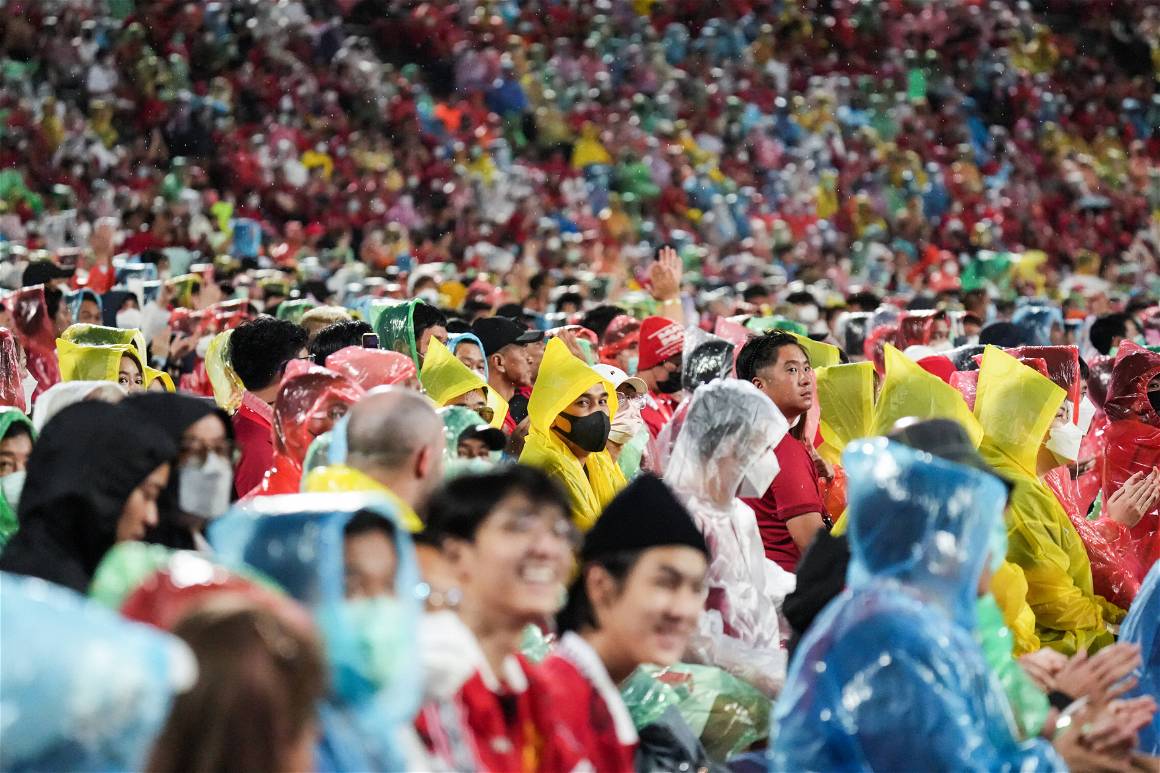
What recommendations would you give to people who want to enter and build a career in football media, and what challenges will they face?
We are not one to give advice. The football industry is one of the biggest industries. Everyone’s goal should be to find the place where they feel best, among so many interests.
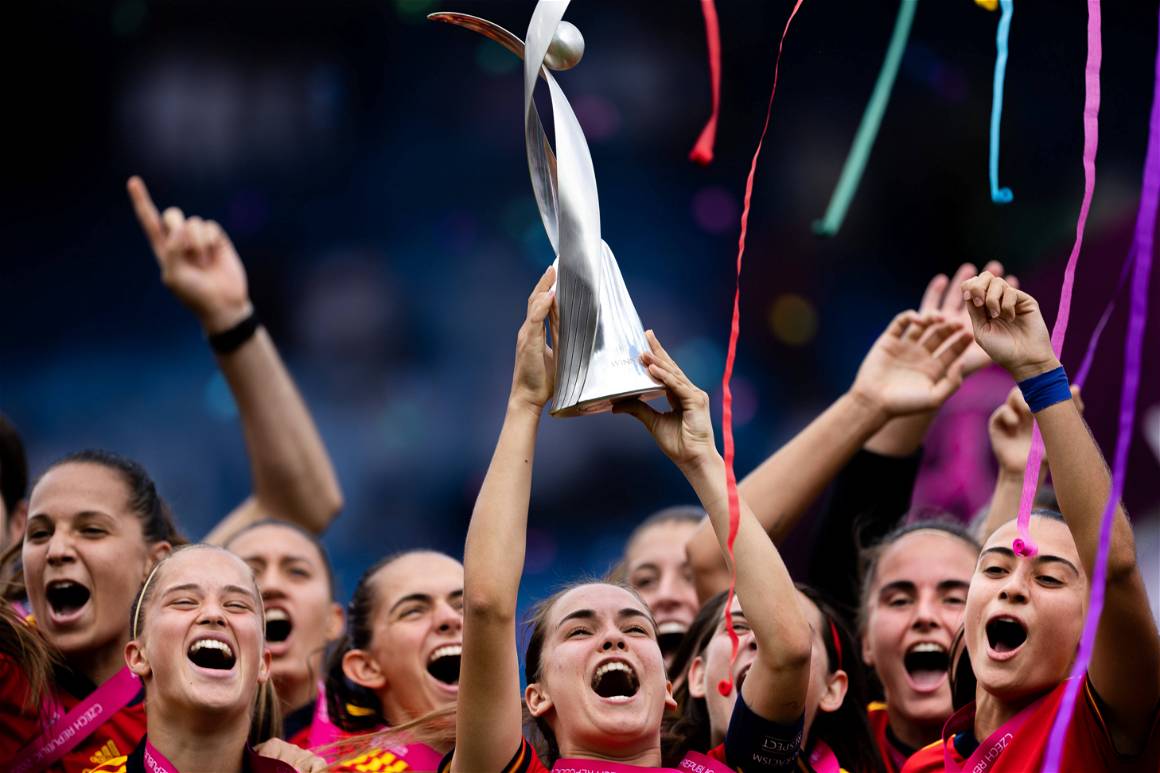
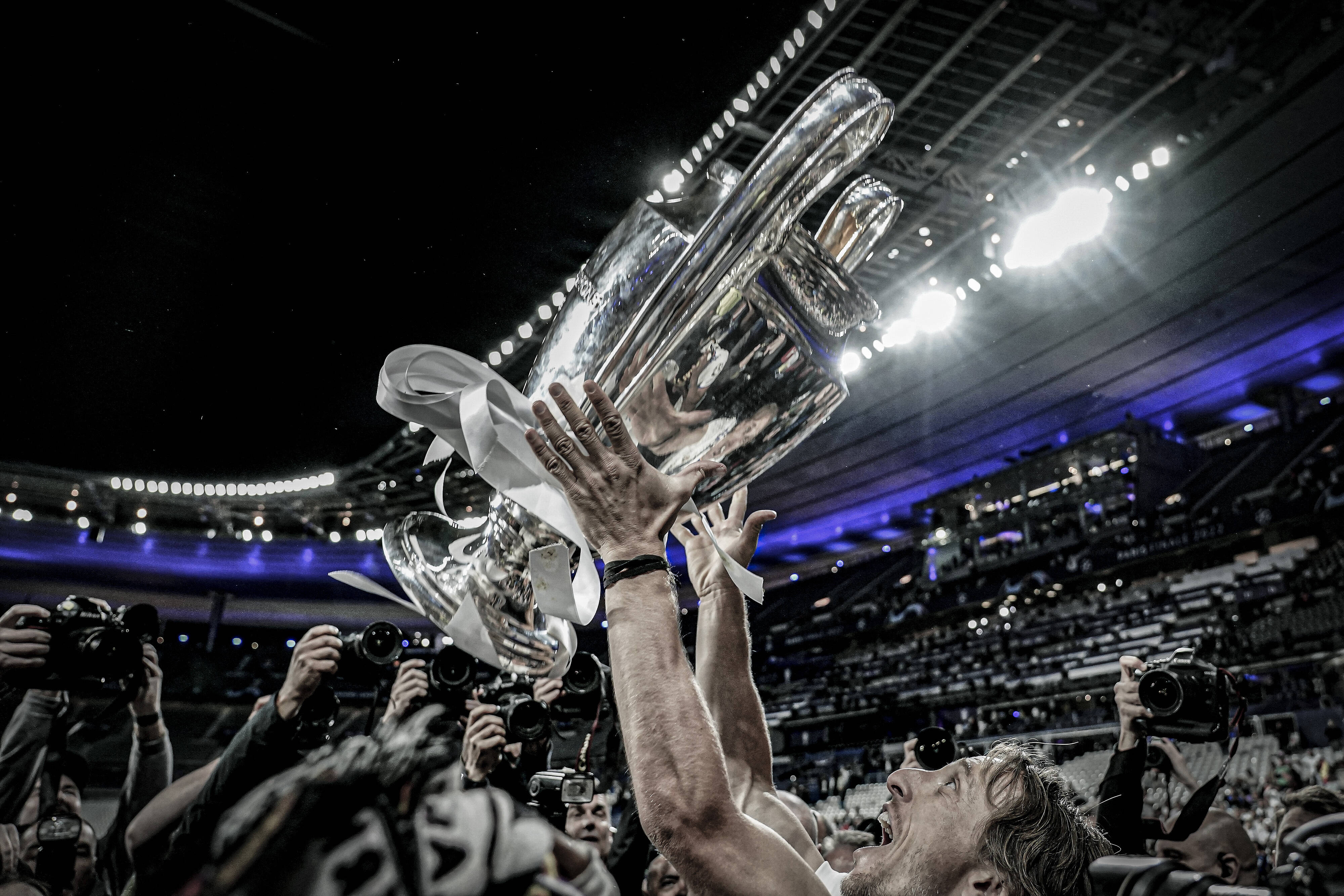
When and why were the Panenka Awards created?
To promote football culture in times of noise and tension. To highlight the disciplines that continue to make the sport worthwhile. Books, reports, photographs, institutions and personalities deserve to be recognized.
What are the plans for the next awards and the magazine?
Staying alive is the utopia we pursue every day.
